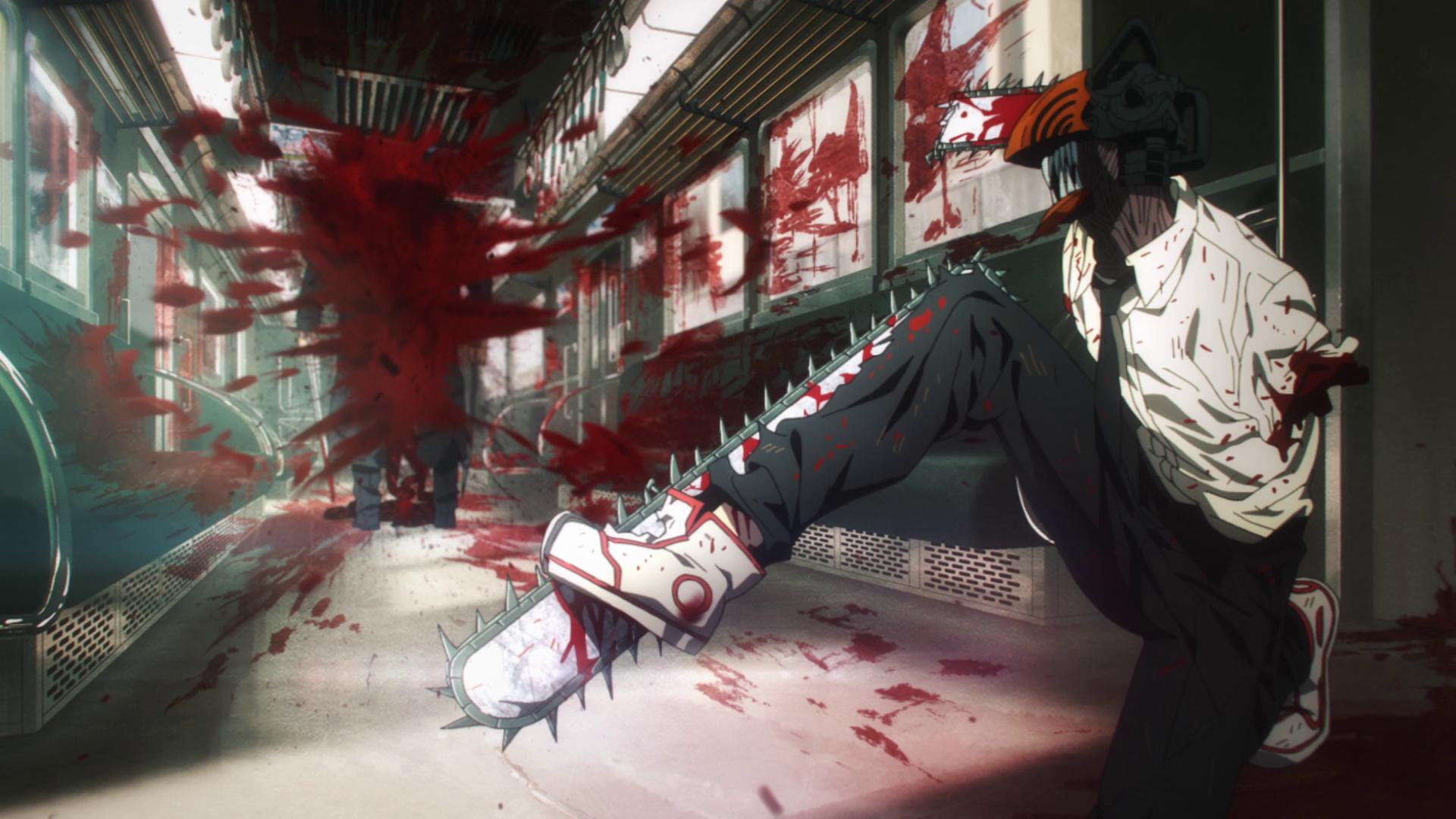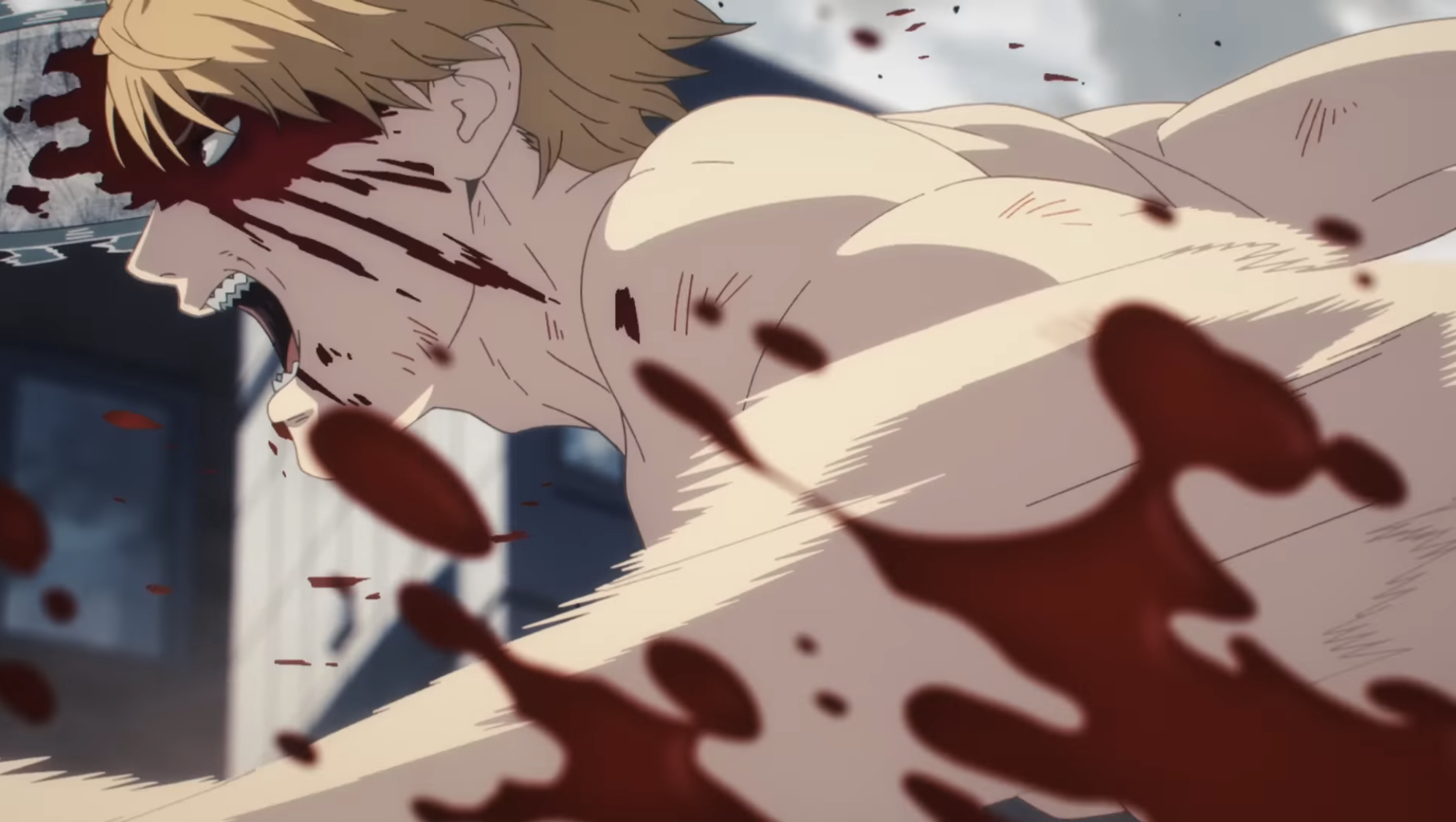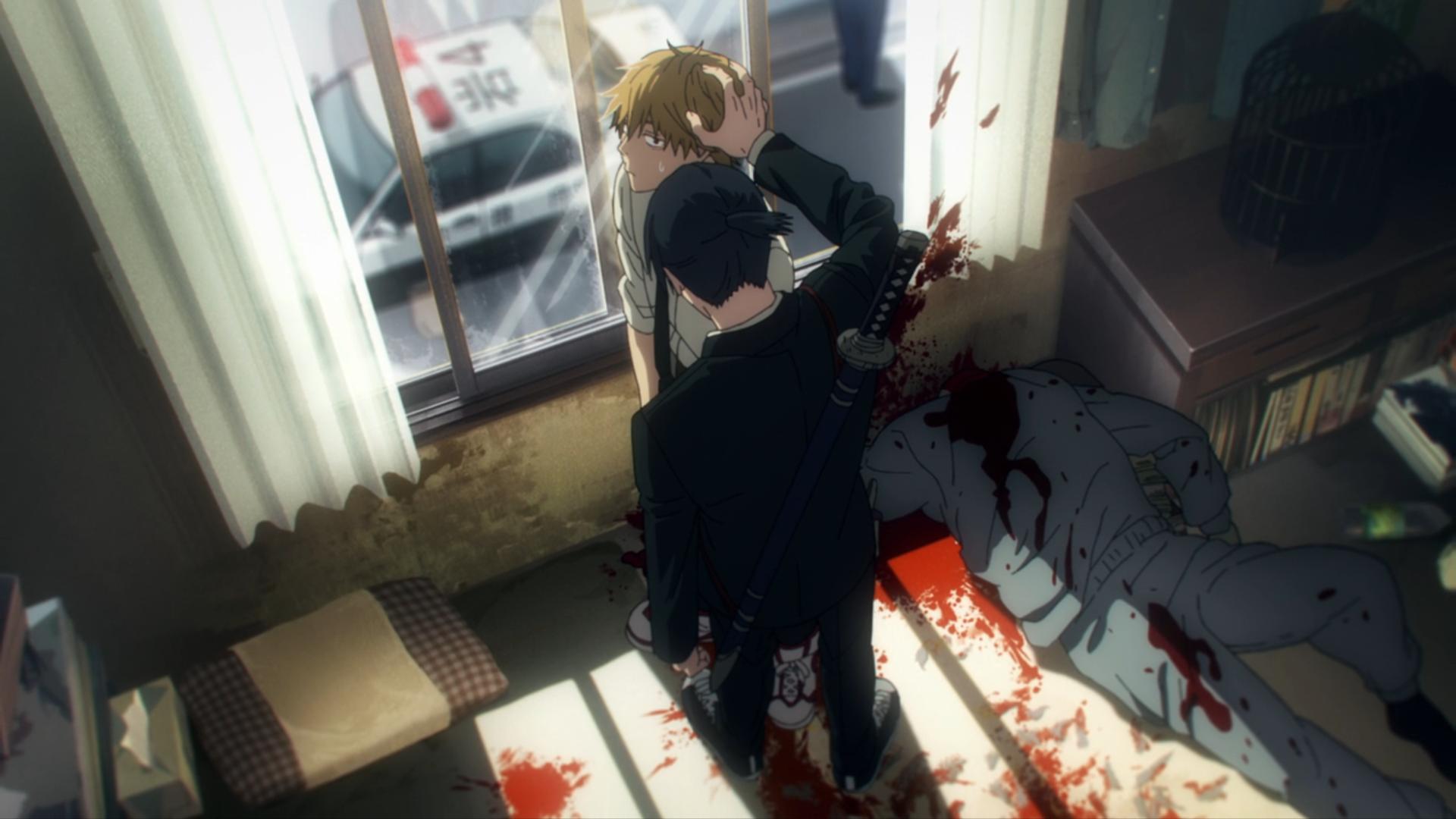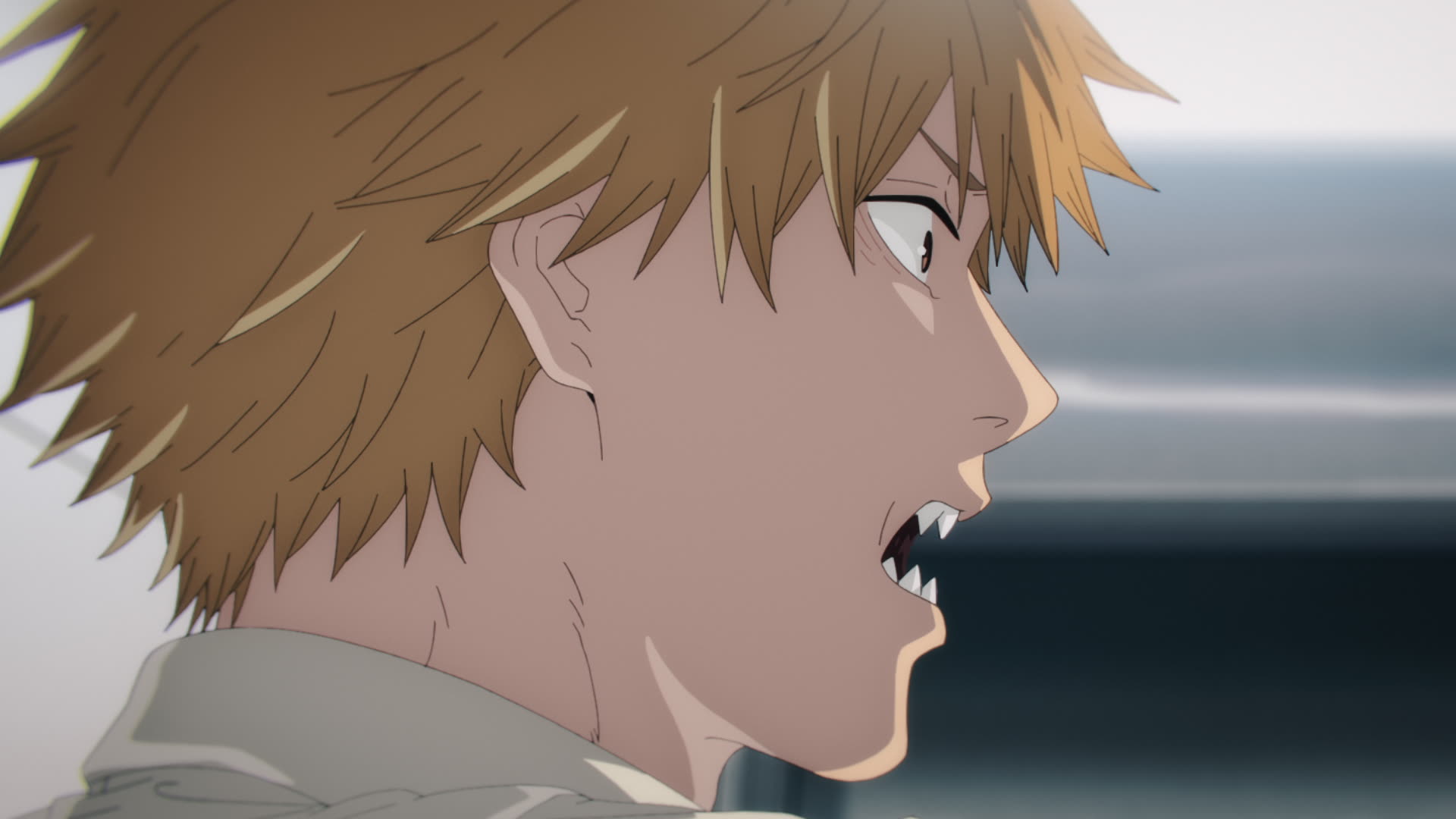Confused by Chainsaw Man? This breakdown explains its plot, themes, and ending in simple terms — and why this anime’s pain feels so real.
Introduction: Chainsaw Man Is Not Just Chaos — It’s a Mirror
Let’s get this out of the way: Chainsaw Man is messy, violent, perverted, and emotionally confusing.
It’s also one of the most brutally honest anime about being human — about wanting connection, love, and a reason to live when the world keeps breaking you down.
And yet, most people who drop it say the same thing:
“It’s too weird. Too confusing. Too painful.”
But that’s exactly the point.
This isn’t an anime about heroes. It’s about survival.
It’s not about saving the world — it’s about barely saving yourself.
So if you’ve ever watched Chainsaw Man and wondered “What the hell did I just see?”, this is your guide — Chainsaw Man explained for people who hate confusion.
We’ll unpack its story, its twisted ending, and why it leaves you hollow in the best (and worst) way possible.
The Simple Plot (Explained Without Brain Damage)
Let’s strip the chaos down to basics.
Denji, a poor teenager, works as a Devil Hunter to pay off his dead father’s debt to the Yakuza. His only friend is a cute chainsaw demon-dog named Pochita.
When the Yakuza betray him, Denji is killed — but Pochita fuses with his heart, resurrecting him as Chainsaw Man, a hybrid capable of turning into a monster with chainsaws bursting from his arms and head.
He’s then recruited by Makima, a mysterious government Devil Hunter, to work for Public Safety — and that’s where everything unravels.
Denji’s goal?
“A normal life — food, shelter, and maybe, just maybe… love.”
But the world of Chainsaw Man doesn’t allow normal.
The World of Chainsaw Man — A Bloody Allegory
In this universe, devils are born from human fear.
The more people fear something, the stronger that devil becomes.
For example:
- The Gun Devil is immensely powerful because everyone fears guns.
- The Darkness Devil is ancient and unbeatable because darkness terrifies all living beings.
So the story is already psychological — fear shapes the world, just like it does in real life.
That’s what makes Chainsaw Man brilliant: beneath all the gore and absurd humor, it’s about how fear and trauma shape who we are.
Why It Hurts: Chainsaw Man’s Core Themes Explained
1. Survival Isn’t Glorious — It’s Pathetic and Real
Denji doesn’t dream of saving humanity. He just wants to eat bread with jam and maybe touch someone’s hand.
That’s it.
And that’s what makes him so real — he’s not chasing greatness, just existence.
This is Fujimoto’s brutal commentary on the working class, loneliness, and the hunger for comfort in an indifferent world.
2. The Illusion of Love and Manipulation
Makima isn’t just Denji’s boss — she’s the embodiment of control disguised as affection.
Denji doesn’t want power; he wants love. Makima weaponizes that vulnerability, using his emotions as chains stronger than any devil’s curse.
It’s the cruelest part of Chainsaw Man:
You can’t fight manipulation if it feels like love.
3. Pain Is Proof of Living
Chainsaw Man repeatedly tells you that pain, grief, and suffering are part of being human.
Aki’s quiet breakdowns, Power’s innocence, Denji’s numbness — it all screams one truth:
“Feeling nothing hurts more than feeling pain.”
By the end, Denji isn’t saved — he just learns to live with pain instead of running from it.
4. Control vs. Freedom
Almost every character in Chainsaw Man struggles between being controlled and breaking free — by fear, trauma, or love.
Makima literally controls people. Denji emotionally depends on her.
The entire story asks:
“If you could be free but lose love, would you choose freedom?”

Character Analysis: The Human Beings Behind the Blood
Denji — The Boy Who Wanted a Hug, Not a Throne
Denji’s simplicity hides tragedy.
He never had a normal childhood. No dreams, no safety, no love.
So when he gets a job, a home, and attention — even manipulative — he clings to it.
He’s not dumb. He’s lonely.
And Chainsaw Man forces us to ask: would we have done any better in his place?
Makima — Love as Control
Makima isn’t a villain. She’s an idea — the idea that power equals affection.
She wants to live in a world without fear or evil — but her method is domination. She “loves” Denji by owning him completely, emotionally and physically.
It’s not just twisted — it’s disturbingly human.
Power — Chaotic, Childlike, and Real
Power is everything Denji isn’t: loud, impulsive, and free.
Yet she’s also deeply insecure — terrified of loss and attachment.
Her friendship with Denji and Aki becomes the emotional center of the story. When she’s gone… it’s not just Denji’s heart that breaks. It’s ours too.
Aki — The Heart of the Tragedy
Aki starts as the straight man of the group — calm, responsible, mature.
But as the story progresses, his revenge transforms into love. He becomes the emotional anchor that holds Denji and Power together.
And that’s why his fate hurts the most — because Chainsaw Man doesn’t just kill characters. It kills hope.
The Ending Explained (Simple, No Confusion)
By the end of the first part (Public Safety Arc), everything Denji had — friends, family, trust — is ripped away.
Makima’s manipulation culminates in betrayal. Denji realizes the only way to stop her is by becoming what she never saw him as — human.
He kills her not out of rage, but out of understanding.
“If she loved me enough to control me… then I’ll love her enough to eat her.”
Yes, it’s grotesque.
But symbolically, it’s Denji reclaiming control — consuming his trauma, instead of letting it consume him.
And when he finally holds her dog, he cries.
Because freedom, in this world, is just loneliness with a heartbeat.
Chainsaw Man’s Style: Why It Feels Different (and Hurts More)
Fujimoto doesn’t write for comfort. He writes to unravel you.
The pacing is unpredictable. The tone swings from absurd humor to soul-crushing despair in seconds.
But that’s life, isn’t it? One moment you’re laughing about breakfast — the next, you’re crying about loss.
That tonal whiplash is the point. It mirrors emotional survival in a cruel, random world.
Every laugh is a defense mechanism. Every shock is a reminder: you’re still alive enough to feel.
The Deeper Themes You Might’ve Missed
| Theme | Meaning |
|---|---|
| Fear | Source of power — emotional and literal. |
| Control | The cost of love and manipulation. |
| Humanity | Defined not by purity, but by pain. |
| Isolation | How loneliness breeds monsters. |
| Freedom | Earned through loss, not rebellion. |
Why It Hurts So Much (and Why That’s Beautiful)
Because Chainsaw Man holds up a mirror and says:
“You wanted meaning. But maybe just surviving is enough.”
It’s not tragedy for shock value. It’s tragedy with purpose.
It’s a story about broken people trying to find something — anything — to make life worth living.
And that’s more human than any happy ending.

Chainsaw Man Explained for People Who Hate Confusion — TL;DR Summary
| Element | Explanation |
|---|---|
| Plot | Poor boy merges with chainsaw demon → becomes hybrid → learns to live through pain and manipulation. |
| Theme | Survival, love, control, identity. |
| Why It Hurts | It’s brutally honest — no one gets a perfect ending. |
| Why It’s Beautiful | Because pain and growth coexist. |
| Ending Meaning | Denji kills Makima to reclaim his humanity. |
FAQs: Chainsaw Man, Simplified
Q1: What is Chainsaw Man really about?
➡ It’s not just about devils — it’s about human emptiness, control, and emotional survival.
Q2: Why does Denji kill Makima?
➡ Because she represents control — he kills her to reclaim his freedom and humanity.
Q3: Is Chainsaw Man’s ending happy or sad?
➡ Both. It’s liberation through loss. Denji is free but broken — and that’s the point.
Q4: Why is Chainsaw Man so emotional despite being violent?
➡ Because every act of violence is fueled by loneliness, fear, and desperation — all painfully real emotions.
Q5: Is Chainsaw Man part 2 connected?
➡ Yes, it continues Denji’s story — but it also explores the aftermath of trauma and identity in a new setting.

Conclusion: Chainsaw Man Hurts Because It’s Honest
Most anime ask, “What’s your dream?”
Chainsaw Man asks, “Can you still dream when everything’s taken from you?”
That’s why it resonates. Because beneath the gore and madness lies something heartbreakingly human — a story about loneliness, desire, and the fragile will to live.
And maybe that’s why it hurts so much.
Because Chainsaw Man doesn’t just make you watch pain — it makes you remember your own.
External Reference:
For deeper lore analysis and part two manga updates, visit MyAnimeList – Chainsaw Man Overview.
Also Read : Ayanokoji Doesn’t Lack Feelings — He Hides Them (The Truth Behind His Cold Genius)





One thought on “Chainsaw Man Explained for People Who Hate Confusion — Themes, Endings & Why It Hurts So Damn Much”